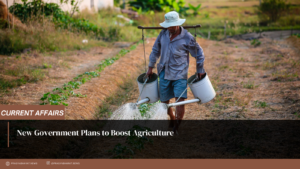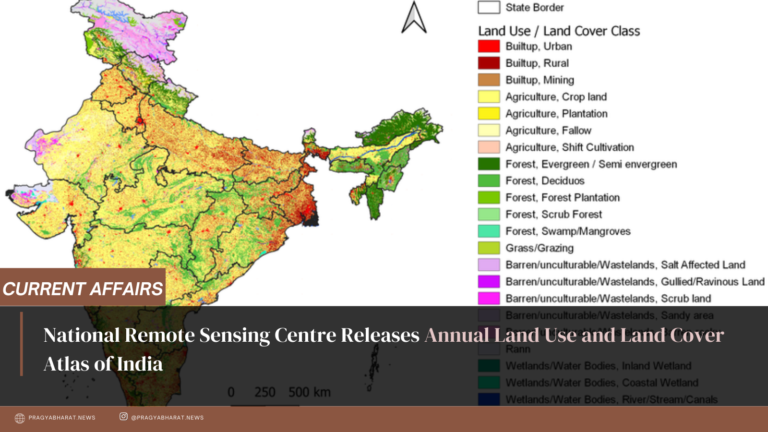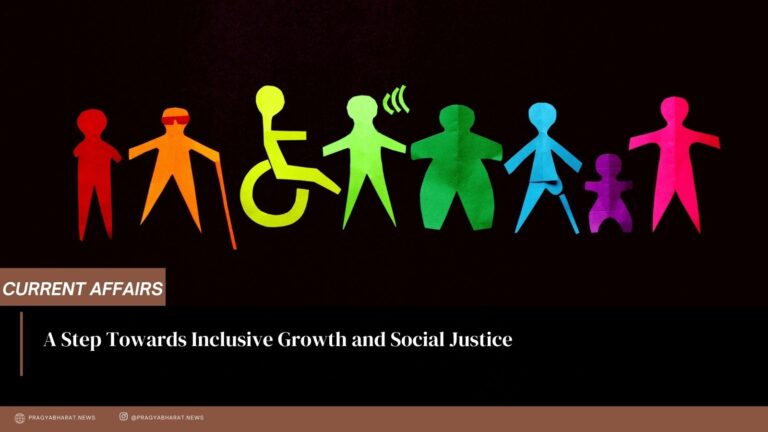Explore some of India’s most innovative initiatives that are paving the way for a more environmentally conscious and sustainable future.
In the lively mosaic of India, where the buzz of city life blends with the calmness of rural landscapes. In this article, we’ll look at the key local efforts that are pushing India towards a cleaner, greener future. These aren’t just projects; they’re stories of transformation that vibrate from the metropolitan streets to the peaceful countryside. From reducing trash to transforming transportation, cultivating eco-friendly farms to developing sustainable houses, and promoting conscious consumption, these projects provide a complex narrative that speaks to the heart of our country. Let’s look at how these projects will construct a sustainable future that reflects the ideals that pervade every nook of India.
Waste Reduction Success: Swachh Bharat Abhiyan’s Remarkable Achievements
At the forefront of India’s sustainability efforts stands the significant “Swachh Bharat Abhiyan” (Clean India Mission). Launched by the Government of India, this nationwide campaign surpasses mere cleanliness – it’s a movement devoted to removing open defecation, upgrading sanitation, and, critically, reducing waste through proper disposal practices. The project has successfully mobilized communities, instilling community responsibility for creating a cleaner, waste-free India. Its effectiveness is demonstrated by the construction of over 100 million individual family toilets across India, which resulted in the proclamation of over 600,000 villages and 100 cities as open defecation-free (ODF). With access to toilets provided to over 400 million people, the campaign has significantly improved solid waste management. Over 11 million tonnes of solid waste are now collected daily, marking a major stride towards achieving a cleaner and waste-free India.
Sustainable Transportation: “National Electric Mobility Mission Plan (NEMMP)”
India’s journey towards sustainable transportation is coordinated by the “National Electric Mobility Mission Plan” (NEMMP), advancing the silent murmur of electric vehicles (EVs) onto the roads. NEMMP goes beyond a mere roadmap; it’s a commitment to limiting air pollution and fossil fuel dependency. Through stimulating EV adoption and encouraging a sturdy charging infrastructure, the plan charts a course for a sustainable, electric-powered transportation landscape nationwide. Despite challenges like growing upfront costs, limited charging infrastructure, and range anxiety affecting EV sales, NEMMP remains a promising roadmap for India’s shift to a sustainable and electrified transportation future. Continued government support, technological advancements, and involvement of private companies stand as crucial pillars for the success of NEMMP and the developing EV revolution in India.
Eco-Friendly Diet: “Zero Budget Natural Farming (ZBNF)”
In the heartland of India, “Zero Budget Natural Farming” (ZBNF) is initiating a sustainable food transformation. ZBNF promotes chemical-free and sustainable farming, reducing synthetic fertilizers and pesticides. Through organic farming methods, ZBNF yields healthier, eco-friendly food and encourages soil health and biodiversity, creating a balanced and lasting ecological system.
Sustainable Homes: “GRIHA (Green Rating for Integrated Habitat Assessment)”
In urban developments and rural areas, sustainable living takes root in “GRIHA” (Green Rating for Integrated Habitat Assessment). Developed by The Energy and Resources Institute (TERI), GRIHA goes beyond aesthetics, evaluating the environmental performance of buildings. Highlighting energy efficiency, water conservation, and eco-friendly materials, GRIHA shapes a housing landscape that not only provides shelter but also harmonizes with the environment. This influential green building rating system, with 3869+ projects, a footprint of 86478096 sqm, 972 certified professionals, and 60 evaluators, has gained widespread adoption by government agencies and private developers, contributing to a greener built environment in India.
Conscious Consumerism: “Fair Trade Alliance Kerala (FTAK)”
In the vibrant state of Kerala, the “Fair Trade Alliance Kerala (FTAK)” is a guiding light of ethical consumerism. This committed network supports fair and ethical trade practices, ensuring fair wages, sustainable production, and ethical sourcing. FTAK’s outstanding successes include securing Fairtrade certification and facilitating the export of various crops such as cashews, coffee, ginger, pepper, coconuts, and rice. Actively promoting organic farming, all FTAK members are transitioning to certified organic production. The organization collaborates on government-aided programs and supports crop insurance, organic inputs, and farmer training. Jointly owning a 44% share in Liberation Foods, a UK-based Fairtrade nut company, strengthens FTAK members in the supply chain, ensuring control over their income. While facing challenges like global market price fluctuations and fair trade market competition, FTAK’s success story resonates globally, inspiring fair trade movements and leading the way for a more equitable and sustainable future for farming communities in India and beyond.
To sum up, the journey through India’s local sustainability initiatives reveals a story of collective efforts, significant transformations, and a nation completely accepting a sustainable way of life. From the challenges of waste-laden streets to the innovation of electric-powered highways, and from the struggles of pesticide-drenched fields to the emergence of organic havens, India is propelling itself towards a balanced living with the environment. With each initiative taking a step ahead, the nation inches closer to a future where environmental harmony is not merely an aspiration but an integral part of daily life.
Let us join hands to celebrate and amplify these initiatives, contributing to the weaving of a greener, more sustainable future not only for India but for the entire world.




















+ There are no comments
Add yours